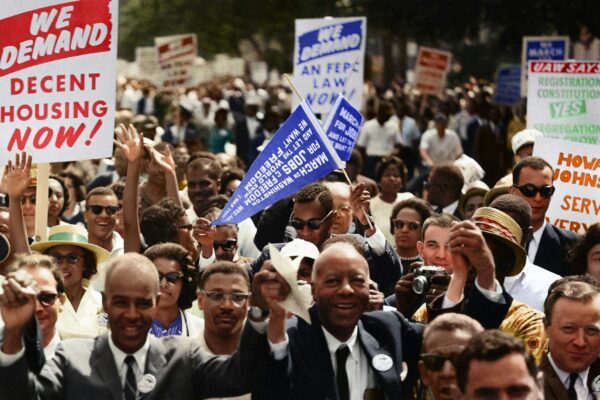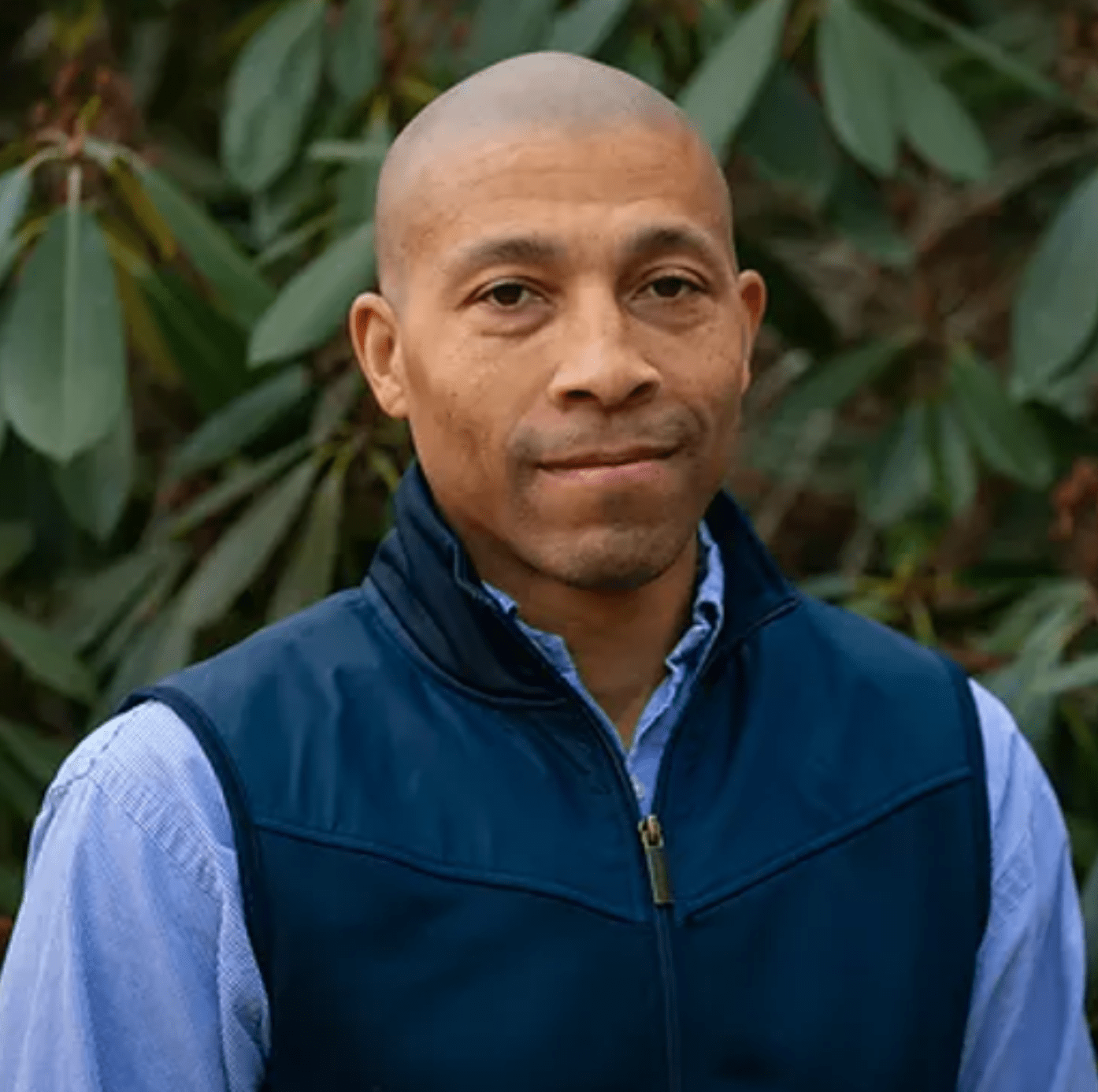
Classtimes
Class-time will be coordinated
Course Type
Description
This course provides an in-depth exploration of how various groups within our nation have historically advocated for and either achieved or been denied access to civil, political, and legal rights. Beginning with the Civil Rights Movement of the 1960s, the course traverses into an analysis of multiple social protest movements. Through this examination, students will gain a comprehensive understanding of the diverse methodologies, approaches, and overall effectiveness employed by these movements in their efforts to secure and expand rights within American society. By critically evaluating these historical contexts and outcomes, students will develop a nuanced appreciation of the complex dynamics shaping social change and rights advocacy over time.
State Standards
HSS.NML.T1.04
Provide examples of government control of information or government censorship from history or the present.
HSS.GOV.T1.05
Analyze perspectives on the functions and values of voluntary participation by citizens in the civil associations that constitute civil society.
HSS.GOV.T1.09
Identify and explain historical and contemporary efforts to narrow discrepancies between foundational ideas and values of American democracy and realities of American political and civic life.
HSS.GOV.T4.03
Trace the evolution of interest groups, including political action committees (PACs); analyze the range of interests represented, the strategies used, the unique characteristics and roles of PACs in the political process, and the effects of interest groups on the political process. Evaluate perspectives on the role of interest groups since the founding of the U.S.
HSS.GOV.T4.07
Use a variety of sources to identify a current local, state or national public policy issue and evaluate the influence on the legislative process of political parties, interest groups, grass roots organizations, lobbyists, public opinion, media, and individual voters.
Supports Available to Students
Tier 1 (Supports provided to ALL students)
- Facing History and Ourselves
- Stanford History Education Project (SHEG) Reading Like a Historian
Tier 3 (Intensive supports provided to SMALL groups or INDIVIDUAL students)
- Weekly academic check-ins
Skills-learned
- Critical Thinking Skills, particularly around argumentation
- Assessment strategy and planning
- Notetaking

About Oris Bryant
Oris T. Bryant has been an educator for a total of 18 years. Raised in Mattapan and after graduating from Brown University with a law and public policy degree, he began his teaching and coaching career in New Hampshire. After six years in education, he attended Rutgers Law School - Newark and practiced corporate law for several large Boston law firms. Returning to education in 2010, he has worked at the Noble & Greenough School for the last eleven years. His responsibilities include: social science and humanities teacher (grades 9-12), coaching varsity basketball, advising students and student groups, such as Mock Trial, and working with the school’s Diversity, Equity and Inclusion department. He has been married for twenty years and has three children (19, 17, 14). In his spare time, Oris loves to shoot hoops, read science fiction, write and watch movies.